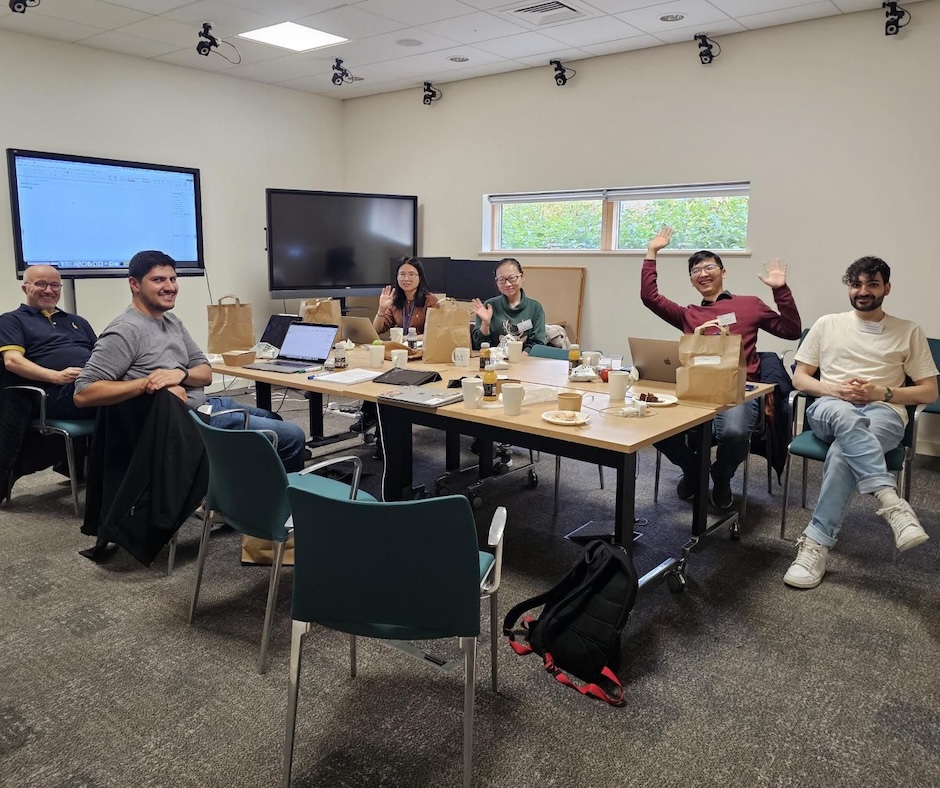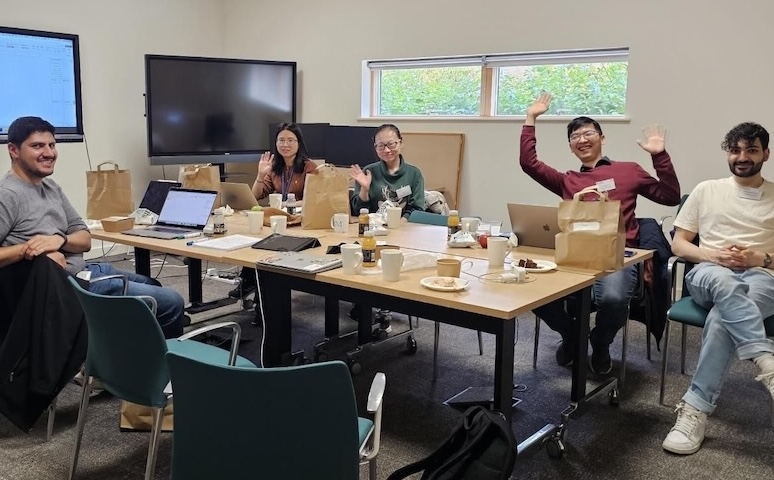Uncovering weak links: A data dive into critical mineral supply chains
Researchers gathered recently at the University of Cambridge for a Smart Data Research UK ‘data dive’, a collaborative exploration of a dataset to understand one or more research questions. The focus here was on the world’s critical minerals supply chain.
In this blog, our Senior Partnerships and Impact Manager, Veronica Guzman, reports on the day’s events and invites you to join us at our next data dive on social media.
Responding to a global challenge
Around the world, governments wrestle with the transition to electric vehicles and renewable energy. Part of the challenge is how the ‘critical mineral supply chain’ works.
Critical minerals are natural resources essential for modern technologies and industries but with limited supply and high demand. They include cobalt, lithium, and palladium, required for batteries, electric motors, and other clean energy technologies.
The critical minerals supply chain encompasses the entire process from mineral extraction to end-use products. These networks are often fragile and susceptible to geopolitical instability, natural disasters, and ethical concerns.
The war in Ukraine has starkly highlighted the delicate nature of these supply chains. The conflict sent shockwaves through the palladium market. Russia is a major producer of this critical mineral, used in catalytic converters and electronics. The war disrupted the supply, forcing manufacturers to scramble for alternative sources and reassess their supply chain strategies.
The need for robust data and analysis to identify and mitigate vulnerabilities in critical mineral supply chains laid the foundations for Smart Data Research UK’s recent data dive.
The event, organised by our strategic advice team, took place at the Institute for Manufacturing at the University of Cambridge. And the institute’s Supply Chain AI Lab (SCAIL) were our partners for the data dive.
Supply lines for critical minerals
Simeon Yates from the strategic advice team opened the data dive. As Professor of Digital Culture at the University of Liverpool, Simeon talked about the value of bringing together researchers from different fields to collaborate on data.
Professor Alexandra Brintrup then took us into the world of critical mineral supply chains. Alexandra is Professor in Digital Manufacturing at Cambridge, leading the Supply Chain Artificial Intelligence Lab.
For the past few years, Alexandra and her colleagues have studied the multi-layered networks of the world’s critical mineral supply chains. These intricate pathways, vital for national security and the transition to a low-carbon economy, present unique data challenges.
Analysis of these networks demands specialised data techniques. ‘Graph traversal algorithms’ allow researchers to explore graphs so that each interesting point can be looked at in a specific order – or to find routes through a system. ‘Centrality measures’ identify important parts of a network and potential bottlenecks.
Data scarcity, inconsistency, and a lack of standardisation make it harder to construct accurate representations of critical mineral supply chains.
Last year, the UK government recognised the strategic importance of critical minerals, outlining its commitment to securing these vital resources in its Critical Minerals Strategy. The document emphasises the need for collaborative action and innovative solutions to ensure the resilience of critical mineral supply chains.
Mining for data
For the critical minerals data dive in Cambridge, Professor Brintrup and her colleague Sara AlMahri set three tasks for the visiting researchers. After providing the academics with complex datasets, they challenged them to identify vulnerabilities in the supply chain for palladium and to spot solutions for alternative suppliers.
The exercise highlighted the challenges of working with real-world supply chain data, which is often incomplete, inconsistent, and difficult to access.
Participants grappled with questions such as:
- How can we identify and assess vulnerabilities in critical mineral supply chains?
- What are the potential impacts of disruptions on different industries and economies?
- How can we develop more resilient and sustainable supply chain strategies?
Findings
After five hours, the researchers had managed to ‘solve’ most of the questions posed by the data dive, correctly identifying via data analysis the relevant weaknesses in the palladium supply chain.
The event sparked conversations among the academics about accessing the wealth of data needed to create a full picture of critical mineral supply chains. There was also discussion about the amount of time researchers must spend interrogating data before reaching conclusions.
Enhanced data collection, standardisation, and sharing are crucial not only for understanding environmental and social impacts but also for ensuring responsible sourcing and sustainable practices within the critical minerals sector.
Overall, the event in Cambridge effectively demonstrated the power of data dives to bring together academics from diverse disciplines to address complex societal challenges through collaborative research.
In the coming months, the SCAIL team will report more results on their datasets of critical mineral supply chains.
Join us next time
Our next data dive in the new year will focus on social media data, a rapidly evolving field with immense potential for research and innovation.
The event will explore the following questions:
- How can we use social media data to understand public attitudes and behaviours?
- What are the ethical implications of using social media data for research?
- How can we harness the power of social media data to promote positive social change?
Keep an eye on our social media for updates on this event. You can also register your interest at: smartdataresearch@ukri.org.
And catch up on our previous data dives at the University of Liverpool and the Urban Big Data Centre at the University of Glasgow.
Veronica Guzman is Senior Partnerships and Impact Manager with Smart Data Research UK.
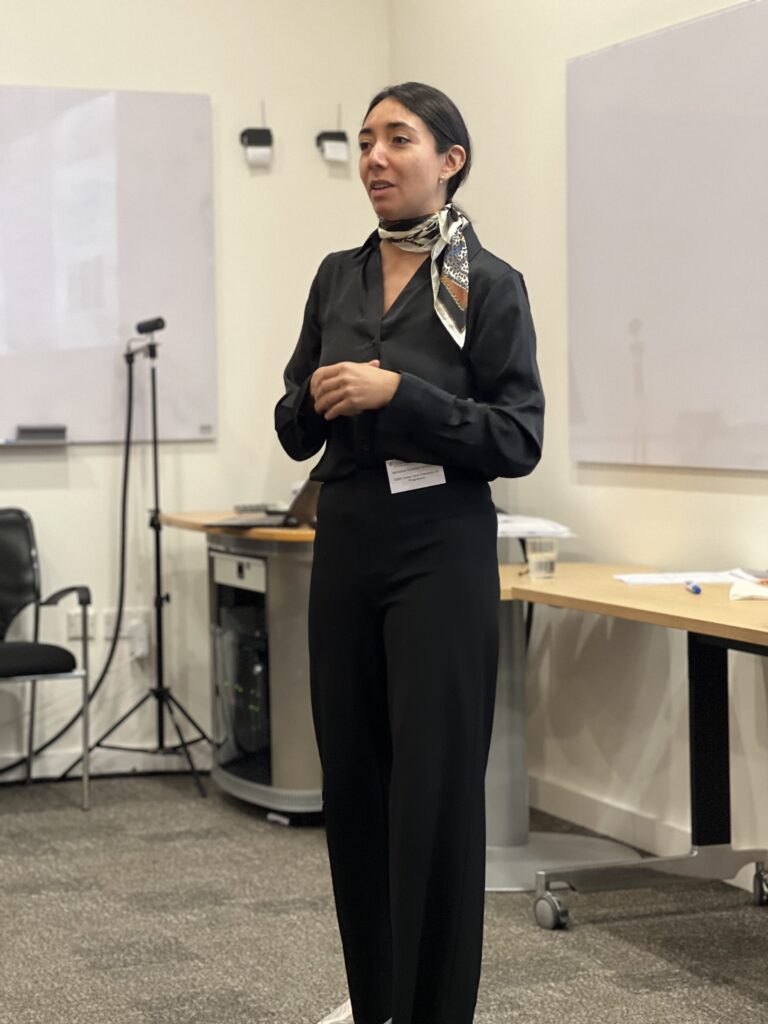
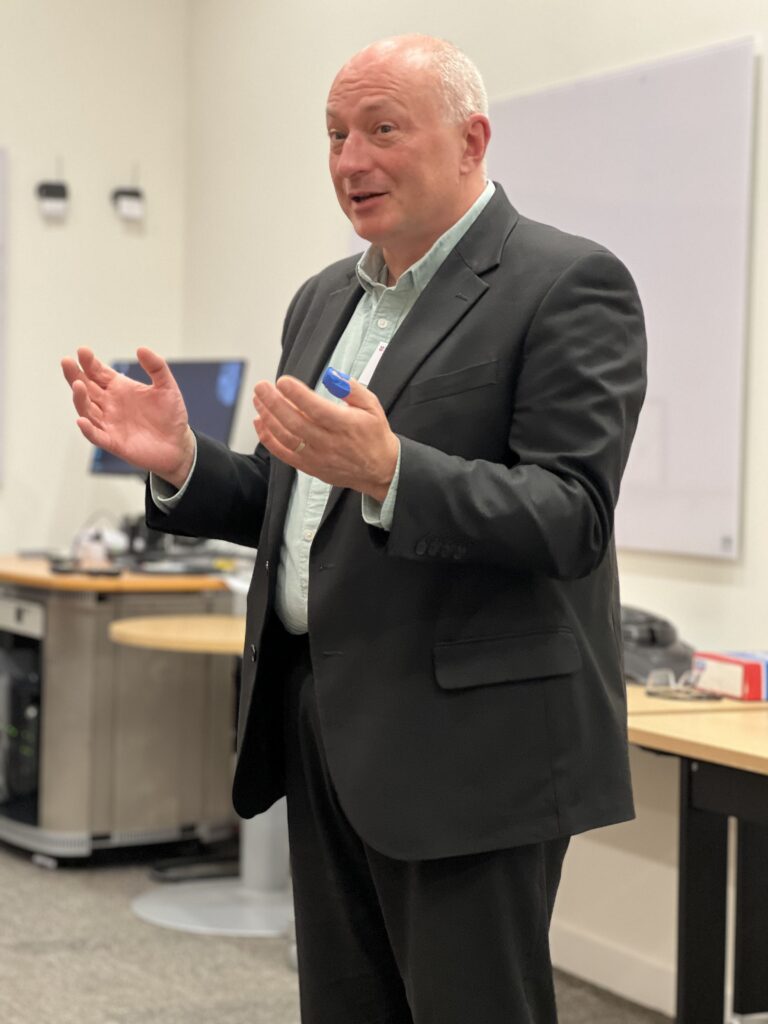
and Smart Data Research UK strategic advice team

Institute for Manufacturing
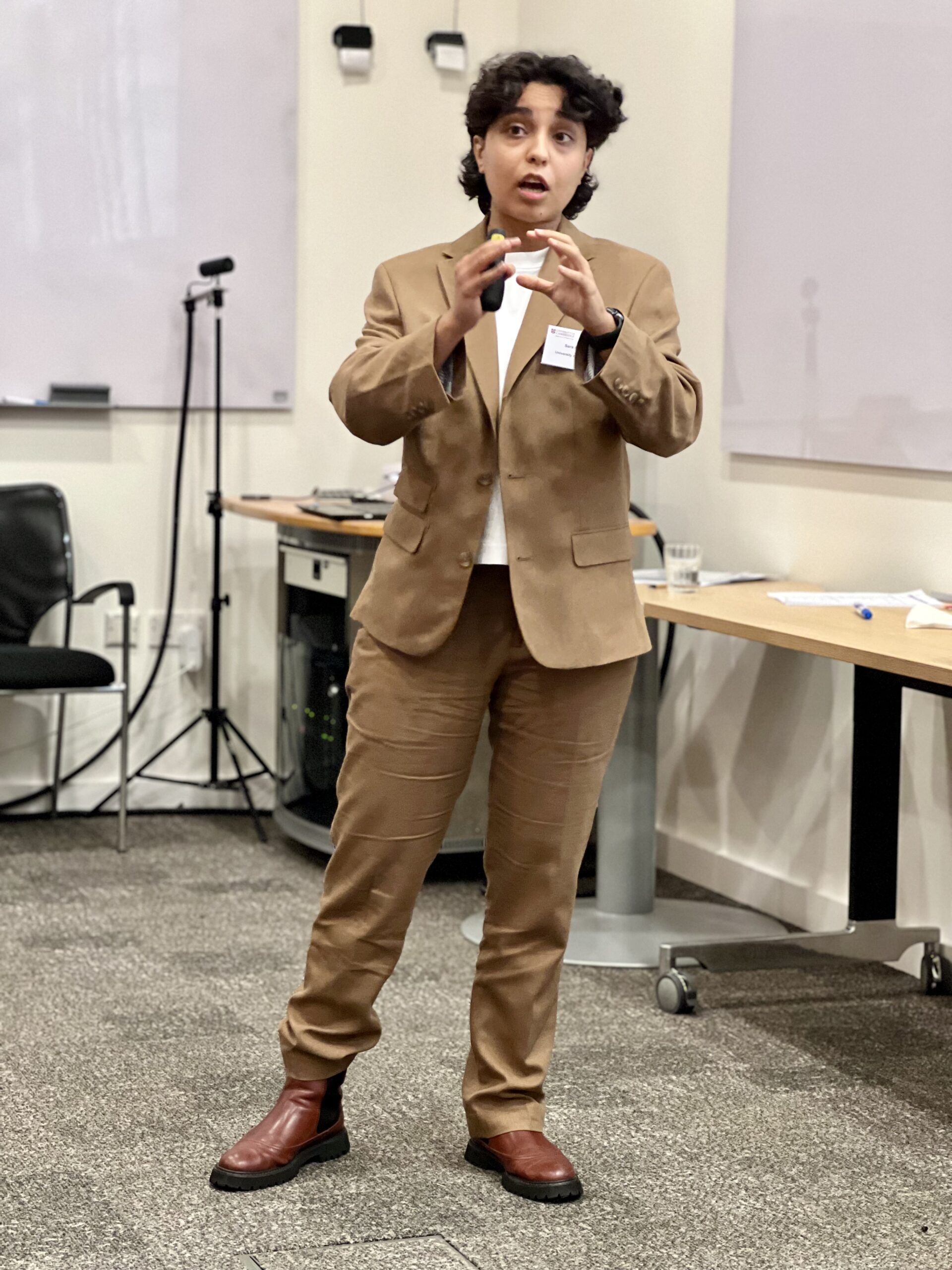
Institute for Manufacturing
